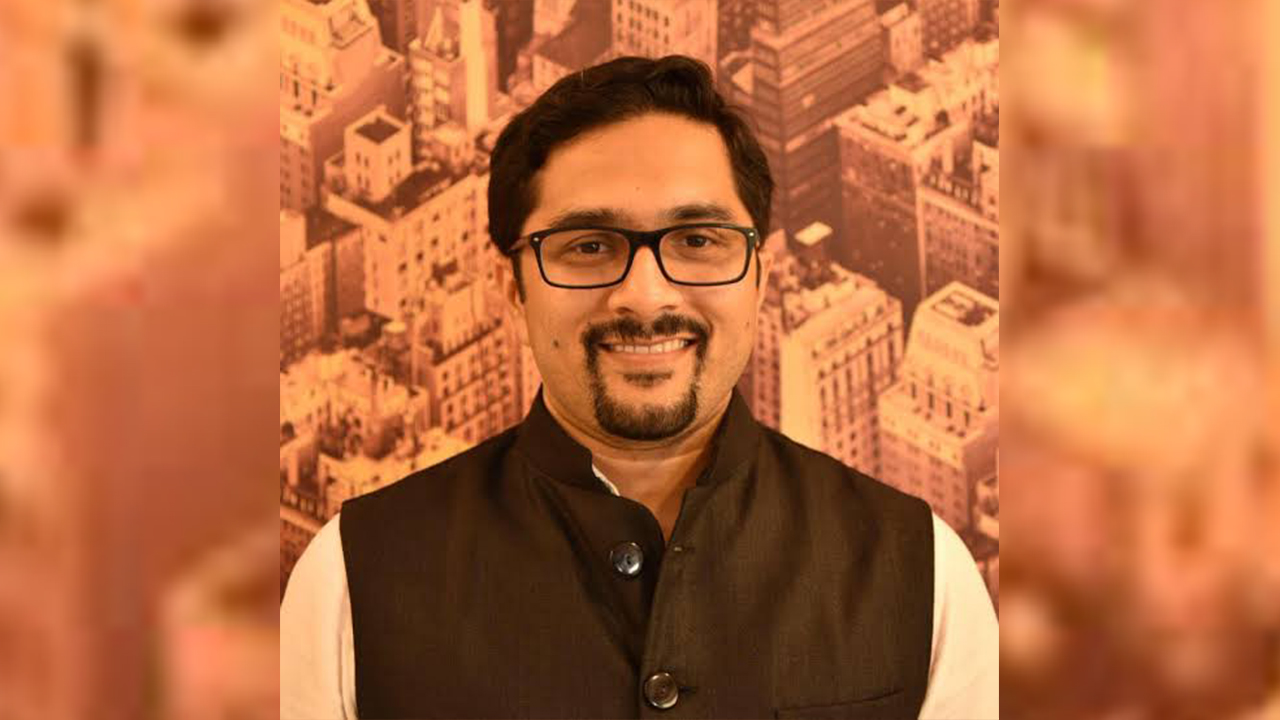Breast cancer is one of the leading causes of mortality among patients suffering from cancer worldwide. According to the recent data given by Globacan 2018, breast cancer among Indian women is the highest worldwide. There is an increase in the trend of new cancer patients, and the age group of new patients coming annually have gradually dropped from <55 years="" to="" under="" 40="" years="" of="" age="" as="" per="" the="" data="" recorded="" in="" icmr="" 2018="" over="" 1="" 5="" lakh="" new="" breast="" cancer="" patients="" have="" been="" recorded="" in="" india="" last="" year="" p="">
In India, one in twenty five people are diagnosed with breast cancer annually which as compared to developed countries like US/ UK is less where 1 in 8 patients are diagnosed annually. However due to the fact that awareness among the developed countries being quite prominent, such high number of cases are diagnosed and treated in early stages and hence the survival rates are better. When considered the Indian scenario, the survival rates are quite low due to high population ratio and low awareness. One out of two diagnosed die within next five years which attributes to 50% mortality rates. Many patients in the urban are diagnosed at stage two when the T2 lesions are palpable lumps, but in cases of rural areas, these lesions are diagnosed only after they transform to metastatic tumors.
Globally, 7% of the population under the age of 40 years is suffering from breast cancer, whereas in India, the rate is double i.e. 15%. And out of which 1% of the patients are male, which put together has the highest count of breast cancer patients from India globally. Apart from being hereditary, many other risk factors like sedentary lifestyle, bingeing on alcohol, smoking, increasing obesity among youngsters, stress and poor dietary intake have been attributed to increase in the incidences of breast cancer among the young Indian women. According to a study conducted by NCBI 2016, vegetarian women are 40% less vulnerable to breast cancer.
Why we have more advanced cancers?
The grades and stages of breast cancer in Indian patients are higher as compared to other countries. Even among the literate population who resort to curative rates and opt for alternative treatment options. Many misconceptions and lack of awareness regarding chemotherapy or mastectomy surgeries keep them away from getting treatment on time and they opt for alternative medicines. Initially such treatments are luring for the patients but as the stages grow and are beyond their control, patients opt for allopathic treatment. Such conditions prevent them from getting timely treatment.
Is the key to treatmentwe have more advanced cancers?
The grades an Early diagnosis d stages of breast cancer in Indian patients are higher as compared to other countries.
Over the last decade, even though there is a rise in incidence of breast cancer, but with awareness, access and changing paradigms in cancer care, the mortality rate has come down gradually. Even though symptoms may not be persistent while diagnosing and sometimes screening may be done at early stages which may require different treatments and therefore the specialist may prescribe the best suitable treatment. Though treatment for breast cancer has undergone major breakthroughs, its cure and treatment solely depend on the grade and stage at which it has been diagnosed. Based on this, you will be advised to undergo one of these treatments, or a combination: Surgery, radiotherapy, chemotherapy, hormone therapy and biological therapy (targeted therapy). The doctor will consider the following while deciding the treatment –
The stage and grade of the cancer (size and area spread)
Overall Health (Co-morbidities)
Time of menopause
There are two main types of breast cancer surgeries:
Breast Conserving Surgery: where the surgery is performed to only remove the cancerous lump called tumor. Depending on the type, size and amount of tumor, the surgery ranges from lumpectomy (removal of tumor with little surrounding tissues) or partial mastectomy. Usually, post-surgical radiotherapy is offered to destroy any remaining cancer cells is as successful as total mastectomy in treating early-stage breast cancer.
Mastectomy: surgery where whole breast is surgically removed. With advancement in science and technology, a mastectomy can be followed by reconstructive surgery to recreate a bulge to replace the removed portion of breast. Reconstruction can be carried out at the same time as a mastectomy (immediate reconstruction), or it can be carried out later (delayed reconstruction). It can be done either by inserting a breast implant or by using tissue from another part of your body to create a new breast.
Awareness should be created among the masses to get most breast cancers detectable at early stages, as most women with breast cancer arrive with advanced disease. In metastatic or advanced stages of cancer, it isn’t completely curable, and the treatment aims to achieve remission (where the tumor shrinks or disappear.)

 Dr. Rohan Khandelwal, Breast Cancer Surgeon, CK Birla Hospital For Women, Gurugram updates how to detect & prevent breast cancer
Â
Dr. Rohan Khandelwal, Breast Cancer Surgeon, CK Birla Hospital For Women, Gurugram updates how to detect & prevent breast cancer
Â











.jpeg)


.jpg)





.jpeg)

.jpg)





.png)


